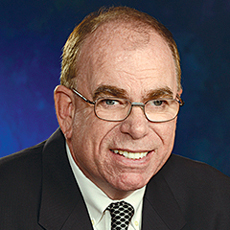

It was probably inevitable.
On Thursday, House lawmakers passed legislation that would more than double the federal hourly minimum wage by 2025. This happened because Democrats have a majority there.
The rate currently stands at $7.25. Under the House-passed measure, it would leap to $15. And therein lies the problem.
To be frank, a wage hike here is long overdue. The number hasn’t budged since 2009.
But to more than double it in one fell swoop? What the House effectively accomplished is to make sure the status quo remains unchanged.
Let’s remember that for this to become law, the Senate (where Republicans rule the roost) would need to approve identical legislation (or legislation that’s close enough for a joint committee to make identical). And the president would then have to sign it.
Well, Senate Majority Leader (and guy who decides which bills actually get acted on in the upper chamber) Mitch McConnell is more than happy to let the measure rot. Moreover, the White House has indicated that in the unlikely event a $15 per hour minimum wage bill reaches the President’s desk, it would be vetoed.
So what did the House really accomplish here? If we’re going to be blunt, nothing.
Had a more moderate increase been approved, it still might have failed. But it surely would have had a better chance. This bill has none.
It’s easy to size up Congressional impotence as no-business-as-usual — and move on. But for long-term care operators, this is no trifling matter. Many are in the fight of their lives on the labor front.
Wages are already the single-biggest cost of doing business in this business. So any hike is going to hurt. Yet at the same time, we are seeing some of the lowest unemployment rates in 50 years.
So how should operators deal with this matter? There are no easy answers. But at least the field has one for certain: It won’t be with help from Congress.
John O’Connor is McKnight’s Editorial Director.




